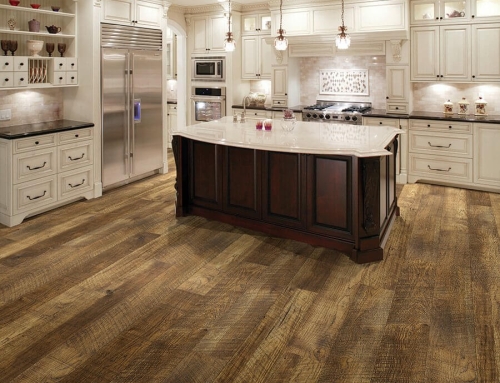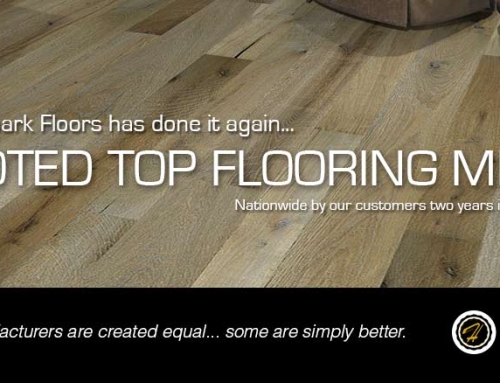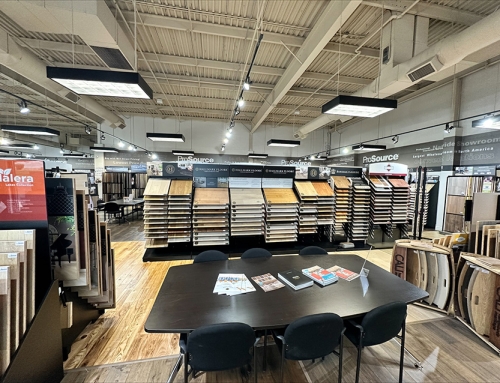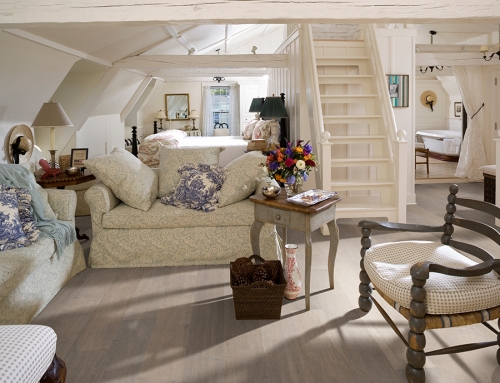Hardwood Floor Installation Cost
: Materials & Labor Guide 2025
PRICE OF WOOD FLOORS IN THE US
| Category Average | Cost Range (Material & Labor) | Notes | ||
|---|---|---|---|---|
| Overall Average | $6 to $25 per sq. ft. | This represents the broad range for a typical project using common wood types. | ||
| Low-End/Budget | $6 to $12 per sq. ft. | Typically includes basic species (like Red Oak or Maple), engineered wood, or lower-grade solid wood. | ||
| High-End/Premium | $13 to $25+ per sq. ft. | Includes exotic species (like Brazilian Walnut), high-grade clear solid wood, or complex installation patterns (like herringbone). | ||
The typical price range for hardwood floor installation, including both materials and labor, is generally between $6 and $25 per square foot.
However, it’s important to understand that the total cost can vary widely based on several factors:
COST BREAKDOWN PER SQUARE FOOT
➀ Component Typical Range (Per Square Foot)
➁ Total Installation (Materials & Labor) $6 to $25
➂ Material Costs (Wood only) $3 to $15
➃ Labor Costs (Installation only) $3 to $10
KEY FACTORS THAT AFFECT THE PRICE
1) Type of Wood Flooring (Material Cost)
✓ Solid Hardwood: Generally costs more than engineered, ranging from $5 – $28+ per sq. ft. for materials.
✓ Engineered Hardwood: A more cost-effective option, typically $3 – $14 per sq. ft. for materials.
✓ Wood Species: Domestic woods (like Oak or Maple) are typically more affordable than exotic or rare woods (like Teak or Brazilian Walnut).
✓ Wood Grade: Higher grades (fewer imperfections, knots) are more expensive than lower, rustic grades.
2) Labor Complexity (Installation Cost)
✓ Installation Method: Nail-down is often more labor-intensive and costly than a floating or click-lock engineered floor.
✓ Pattern: Simple straight installations are cheaper than complex designs like herringbone or parquet, which can significantly increase labor costs.
✓ Room Layout: Rooms with many corners, irregular shapes, or staircases require more custom cutting and time, raising the price.
3) Additional Project Costs
✓ Subfloor Preparation: If your existing subfloor is uneven, damaged, or has moisture issues, repairs or leveling will add to the cost (often $1 – $4 per sq. ft.).
✓ Removal of Old Flooring: Removing and disposing of old carpet, tile, or wood typically costs an extra $1 – $3 per sq. ft.
✓ Finishing: Unfinished wood requires on-site sanding, staining, and sealing, which adds an additional cost ($2 – $8 per sq. ft.) compared to prefinished hardwood.
For an accurate estimate for your specific project, it is highly recommended to get multiple quotes from local, reputable hardwood flooring professionals.
IT’S VERY IMPORTANT TO CHOOSE THE RIGHT WOOD FLOORING AT START
Choosing the right type of wood flooring upfront is the single most effective way to minimize overhead and added costs down the line. Many homeowners focus only on the price tag per square foot, believing a cheaper material saves money, but this often leads to a cycle of expensive repairs and maintenance. For instance, selecting an engineered hardwood in a moisture-prone area like a basement or a kitchen is a critical choice that prevents future disaster. Its cross-ply core offers far greater stability and moisture resistance than traditional solid wood, dramatically reducing the risk of cupping or warping that would require a full tear-out and replacement—a massive unexpected expense.
Furthermore, a floor’s Janka hardness rating directly translates to its long-term cost. Installing a softer wood like Pine in a high-traffic entryway or a home with large pets might save you a dollar or two per square foot initially, but that money will quickly be spent on frequent sanding, refinishing, and dent repair. Conversely, investing in a dense domestic wood like Hickory or an exotic wood like Brazilian Cherry means the floor will naturally resist scuffs and wear for decades, pushing back the need for costly refinishing work by many years. The real savings come from understanding that the cheapest material is rarely the most economical over a floor’s 30-to-50-year lifespan.
A floor with a durable, factory-applied aluminum oxide finish—even if it costs slightly more per square foot—eliminates the significant labor expense of on-site sanding and finishing, which can easily add several dollars per square foot and days to the project timeline. This factory finish also typically outperforms and outlasts an on-site finish, saving you a costly refinishing job five years sooner. Additionally, for homeowners planning a complex aesthetic like a herringbone or chevron pattern, choosing a material specifically milled for that purpose is crucial. While standard planks might seem cheaper, the extra cuts, waste (often 15-20% extra material needed), and intensive labor required to make a standard plank work in a complex pattern.
The right plank will entirely erase any initial material savings, proving that paying for the purpose-built product is often the lower-overhead path. Finally, considering installation method minimizes overhead. If your subfloor isn’t perfectly flat, or if you plan to install it yourself, choosing an engineered floor with a click-lock system drastically reduces the labor time, complexity, and the need for expensive subfloor preparation or a professional installer, keeping your overall project overhead under control. Ultimately, the decision to invest in a material that fits the room, the traffic level, and the complexity of the design prevents surprise costs from moisture damage, premature wear, or inefficient installation methods.
Hallmark Floors Inc., established in 1998 in Ontario, California, is a flooring company that specializes in high-quality hardwood and waterproof flooring options. They are known for their design-centric philosophy, innovation, and offering products handcrafted in small batches.
Here is a summary of their key offerings and other information:
Products
Hardwood Flooring: Their extensive range includes engineered hardwood and solid wood, often featuring hand-touched finishes like wire-brushed or hand-scraped textures. Popular collections include Alta Vista, Ventura, and Monterey.
Waterproof Flooring: They offer a variety of waterproof options, often using Luxury Vinyl Planks (LVP) with rigid core technology, such as their Courtier and Times Square collections, and also include some spill-proof engineered hardwood lines like Regatta.
Other Products: The company, which operates under the name Hallmark Home, also offers cabinets and countertops made from materials like engineered hardwood and bamboo.
Key Features and Philosophy
Design & Quality: They emphasize beautifully designed, durable, and fashionable flooring, and have received accolades like the Good Design® Award.
Customer Focus: They aim to provide exceptional craftsmanship and customer support.
Finishes: Hallmark uses different proprietary finishes on their hardwood, including NuOil® (oil finished) and TrueMark®/Glaze Tek® (polyurethane finished).
Where to Buy
Hallmark Floors products are sold through a network of authorized dealers. They typically do not support direct internet sales, so you would need to use the dealer locator on their official website or contact them to find a retailer near you.







